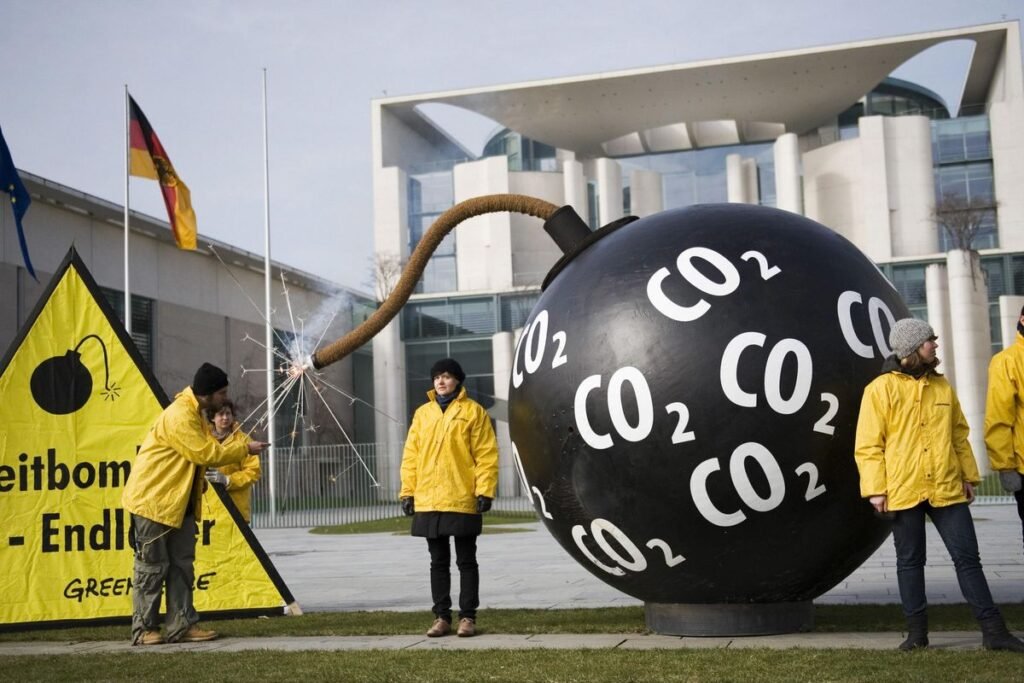"Climate Disasters Only Slightly Shift the Political Needle" originally appeared on Inside Climate News, a nonprofit, independent news organization that covers climate, energy and the environment.
Summary
Despite recent extreme climate events, such as hurricanes and wildfires, research indicates that climate change remains a low-priority issue for U.S. voters. Experts suggest that while awareness is gradually increasing, individual disasters have limited impact on public perception and political action. Misinformation and conspiracy theories surrounding these events may further complicate the political landscape, potentially solidifying existing beliefs rather than prompting meaningful change.
Highlights -🌪️
- Limited Voter Impact: Extreme weather events do not significantly shift voter opinions on climate issues. 🗳️
- Slow Awareness Growth: Climate awareness rose slowly until interrupted by the COVID pandemic. 📉
- Misinformation Surge: Conspiracy theories about climate disasters are prevalent and gaining traction. 🌀
- Polarization Challenge: Political polarization weakens the potential for climate action despite extreme weather. ⚖️
- Media Coverage Decline: Overall media attention to climate issues has decreased, even during disasters. 📺
- Long-term Trends: Small, incremental shifts in public opinion on climate can occur over time. 📈
- Disaster Response Opportunities: Experiences with climate disasters may help bridge partisan divides on climate policy. 🌍
Even amid what seems like a never-ending series of deadly and destructive climate extremes across the country, including heat waves in the Southwest, wildfires in California and hurricanes and flooding in the Southeast, social and political scientists say climate is still not a major issue for U.S. voters. Despite the deaths and destruction that Hurricanes Milton and Helene inflicted on North Carolina and Florida just a month before Election Day, the storms are unlikely to swing many votes, the researchers report.
“I watched for many years the hypothesis that hurricanes or other events would move the needle on public opinion, but saw little evidence of response to individual events,” said Lawrence Hamilton, a professor of sociology at the University of New Hampshire who researches public views of science, the environment, climate change and human-environment interactions.
Read the full post at Inside Climate News.





